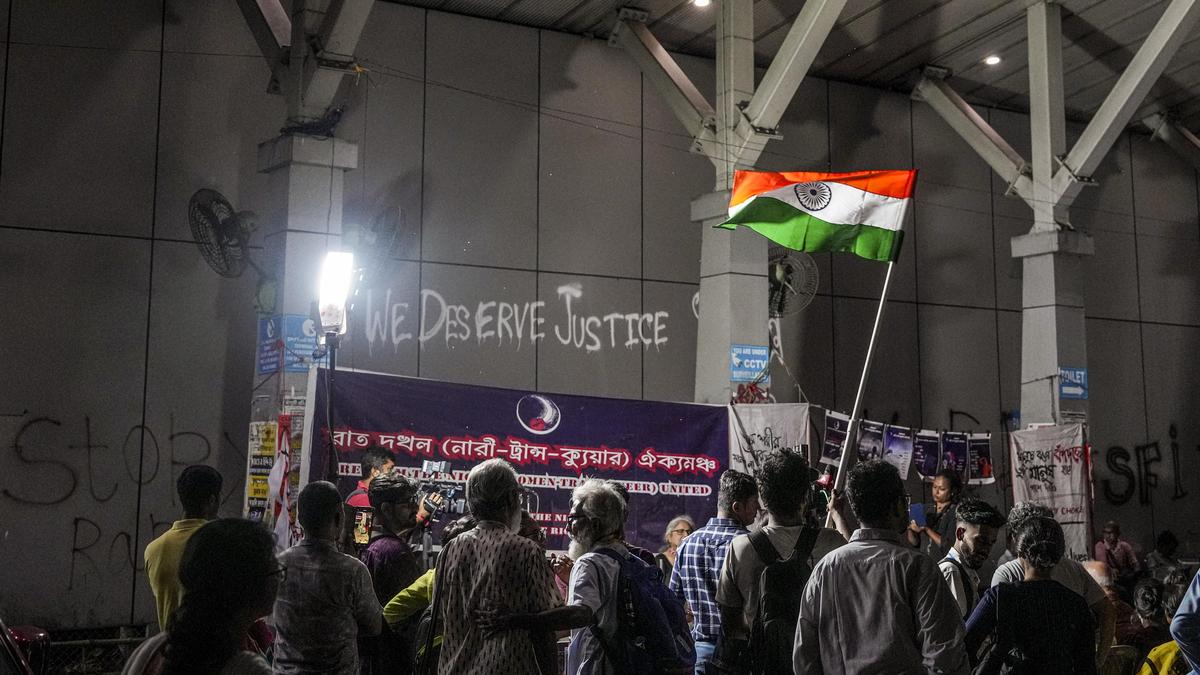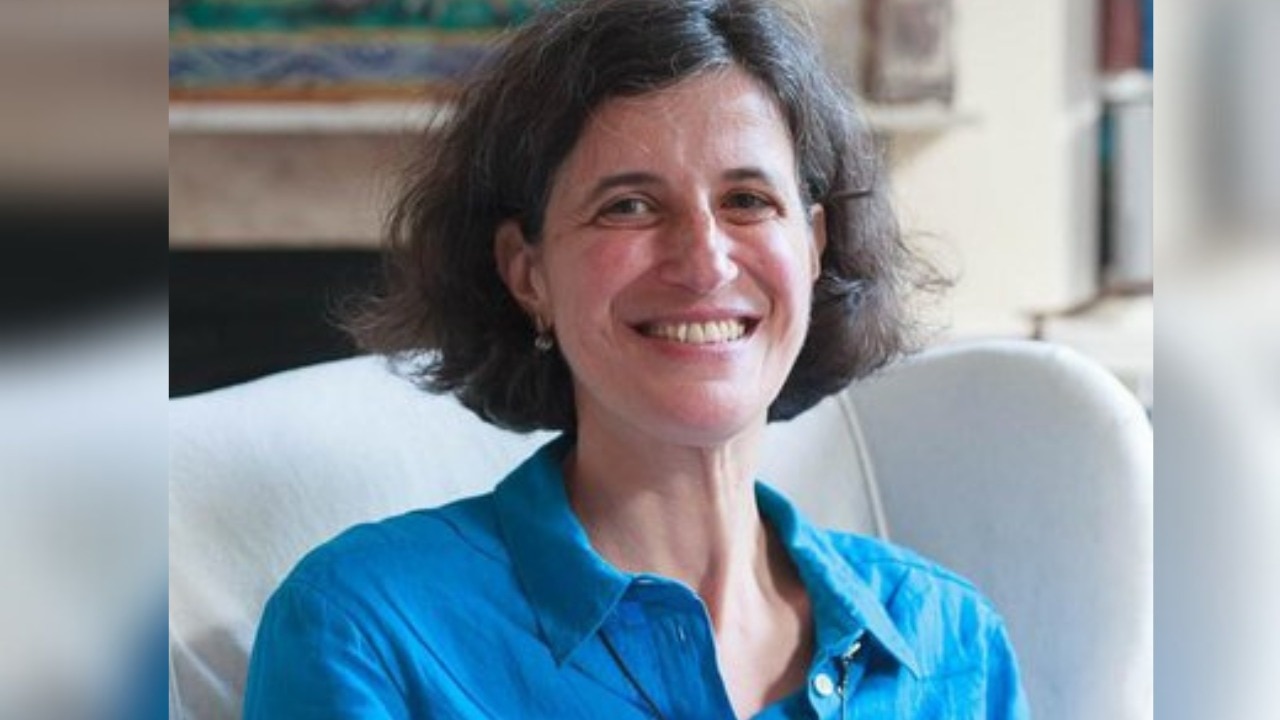The first thing that catches one’s attention on walking into Ambika Devi’s house, located deep inside a bylane at Chellamangalam ward in Thiruvananthapuram, is the humble grocery shop set up at the front verandah and extending to a part of the drawing room. The funding for the shop, a livelihood option tailor-made for her health condition, was provided to the 57-year-old widow along with the house, through the Kerala government’s Extreme Poverty Eradication Programme (EPEP).
“After my husband passed away seven years ago following a long battle with illnesses, I was living in our dilapidated house. But once a part of it collapsed, I went to live with my sister, where I stayed for two years. Last September, I got this house through EPEP,” says Ambika.
“In December,” says Ambika, “I got an initial funding of ₹50,000 from the project to set up the grocery shop. It was an option suggested by the Corporation officials as I could not walk much or take up any strenuous work. Since people from the neighbourhood regularly purchase from here now, I get just enough income to survive,” she says.
On November 1, when the Kerala government would declare the State as free from extreme poverty, the first State to make such a declaration, Ambika will be counted among the 59,277 families to be uplifted from extreme poverty. A study by NITI Aayog in 2021 had assessed Kerala’s poverty rate as 0.7%, the lowest in the country. The welfare policies pursued by the successive governments had succeeded in bringing down the poverty rate to the present level from the 59.8% in the early 70s.
Four parameters used
Around four lakh enumerators were sent across the State to identify the extremely marginalised population through a participatory, grassroots exercise that was led by the Kerala Institute of Local Administration. The extremely poor were identified based on four parameters — food, health, income, and housing, in line with the United Nations Sustainable Development Goals.
The enumerators came across many people living totally cut off from society, unaware of the availability of support systems. One of them was living alone in a country boat at Anchuthengu in Thiruvananthapuram, while some were found living on the streets. After a multi-stage process, 64,006 extremely poor families, comprising 1,03,099 individuals, were identified across the State. Out of this, 43,850 were single-member households, some of whom were relocated to shelter homes, according to the statistics provided by the Local Self-Governments department (LSGD).
A rigid uniformity, imposed all the way from the top, marks a majority of government-led projects. However, in EPEP, micro-plans were prepared for each of the 64,006 families (the final figure is 59,277, following deaths, non-traceability, and technical issues) based on their unique needs. For some, it could be a reasonable means of livelihood, while others may need a regular supply of medicines or even organ transplants, such as the seven persons who got transplants through EPEP.
Das Raj, 67, from Mankulam grama panchayat in Idukki needed mental health support for both his wife and son, in addition to a house and a means of livelihood. “Since I have cardiac issues, I too can’t go out for work. Under the project, we got a house as well as ₹50,000 from Kudumbashree to purchase three goats, using which we can find some income,” says Das.
Many marginalised people, whose names were not even on the voters’ list and who did not even have a ration card or Aadhaar card, were on this list. Immediate, medium-term and long-term plans were prepared for each family.
As per LSGD data, essential documents were provided to 21,263 individuals, houses to 3,913 families, land and house for 1,338 families. House repair works were carried out for 5,651 families. Uninterrupted food supplies, from food kits to cooked meals, and medical treatment and medicines were provided to the needy. Palliative care was given to 5,777 patients and livelihood support to 4,394 families.
Shai Varghese, 51, his wife Sunitha, both visually challenged, and their daughter, who were living in a one-room shed at Kumaramangalam panchayat in Idukki district were identified as extremely poor in the surveys.
Though the couple who made a living by singing in the streets was supposed to get a house under the LIFE project in the ancestral land that belonged to Shai, the panchayat couldn’t take it forward as the land was not partitioned. Thankachan, one of the siblings of Shai, who had disappeared 27 years ago, had to be found to carry out the partition.
Some detective work too
“We began by fishing out the man-missing complaint filed in the local police station 27 years ago. After a three-month-long search, Thankachan was traced to Velankanni, where he was working in a restaurant. The officials convinced him to return home for the partition. Shai and family then got a house under the LIFE project, while the Kudumbashree provided them a music box and mics as a means of livelihood,” says Laseela, the Village Extension Officer.
Besides the ₹4-lakh funding from the LIFE project and ₹30,000 worth labour through MGNREGS, a local businessman sponsored the cement, wiring and plumbing items required for the completion of the house. Such community participation for the cause has been a feature of the project in various parts of the State.
The EPEP project is also focussed on ensuring a livelihood for the families so that they are not pushed back to poverty. Life had landed severe blows to Remya, 28, from Chavara panchayat in Kollam district, who was stricken by cancer after she lost her husband Prasanth, an electrician, to COVID-19. Though she managed to get treated with the help of relatives and acquaintances, daily life was still a struggle with two children aged 3 and 4.
“We were provided with a house under the LIFE project. The panchayat officials also provided me with a job at the Jana Sevana Kendra help-desk, which helps me make enough money to take care of the children and my husband’s parents,” says Remya.
P.P. Rejy, the president of the Kuttiattoor panchayat in Kannur district, which became the first panchayat in the State to become free from extreme poverty, says that officials from the local body constantly visited each of the 16 families identified as extremely poor to understand all their needs. “Many of these steps, like providing documents or houses outside of the annual Plan or schemes, were possible only because of the project,” she says.
When collective effort pays
Minister for Local Self-Governments M.B. Rajesh feels that the project would not have been possible without Kerala’s strong, decentralised, local governance structure, as the local bodies played a leading role in the initial survey, the formulation of the micro-plans as well as their implementation.
“The government ensured the coordination of all departments. For instance, the Civil Supplies department issued ration cards on priority, the Revenue department identified lands for building houses, the Health department provided treatment and supply of medicines, the General Education and Higher Education departments offered free education to children from these families and the Transport department provided them with cards for free travel. The government also issued an order to ensure that the families got houses on priority under the LIFE project because these were the voiceless who had lost out on benefits. The Chief Minister was constantly monitoring the progress of the project,” says Rajesh.
Identifying land and building houses has been a challenge. The effectiveness of the micro-plan approach led the government to replicate it for rehabilitating the families displaced by the Mundakkai and Chooralmala landslides in 2024, he says.
Critical voices
The project, however, has come under criticism with the Bharatiya Janata Party State president Rajeev Chandrasekhar claiming that the reduction in poverty in the State became possible “due to the schemes sponsored by the Union government”. Accusing the State government of using the project for its propaganda, Chandrasekhar says that the State government took an undue amount of time to reduce extreme poverty which was 1.24% in 2014.
Responding to him, Chief Minister Pinarayi Vijayan said that Chandrasekhar should mention specifically which schemes of the Union government were utilised for the project.
The Adivasi Gothra Mahasabha has alleged that only 5% of the 64,006 families, identified to have been suffering from extreme poverty in the State, belonged to the Scheduled Tribes, while a large majority of the families belonging to Paniya, Adiya, Kattunaikkar, and Vettakuruman communities in Wayanad were landless, homeless, and unemployed.
“The methodology of the initial survey itself was not correct, as there was no special consideration for the tribal population. Jobs in the rural sector in Wayanad district have died out and many of the families survive only with free ration, which also is of insufficient quantity for larger families. Many of the tribes in Wayanad are landless, while in Attappady, they are poor although they own land,” says M. Geethanandan, State coordinator of the Adivasi Gothra Maha Sabha.
A section of the Accredited Social Health Activists (ASHA), affiliated to the Socialist Unity Centre of India (SUCI), has criticised the government’s claims as false and wrote an open letter to actors Mohanlal, Mammootty, and Kamal Haasan urging them to keep away from the function to make the extreme poverty-free declaration.
“It has been 262 days since we began a protest demanding the government to increase our honorarium. We have been getting only ₹223 per day, which is insufficient, especially because many of these women are the sole breadwinners of the family. The government’s criterion for defining poverty itself is wrong,” says S. Mini, State vice president of the Kerala ASHA Health Workers’ Association (KAHWA). Ahead of the extreme poverty-free State declaration, the government on Wednesday announced an increase of monthly honorarium of ASHAs by ₹1,000.
Meanwhile, the LSGD is now working on a second phase for the project to ensure that the achievement is sustained and the families are not being pushed back to extreme poverty.

 4 hours ago
9
4 hours ago
9







 English (US) ·
English (US) ·